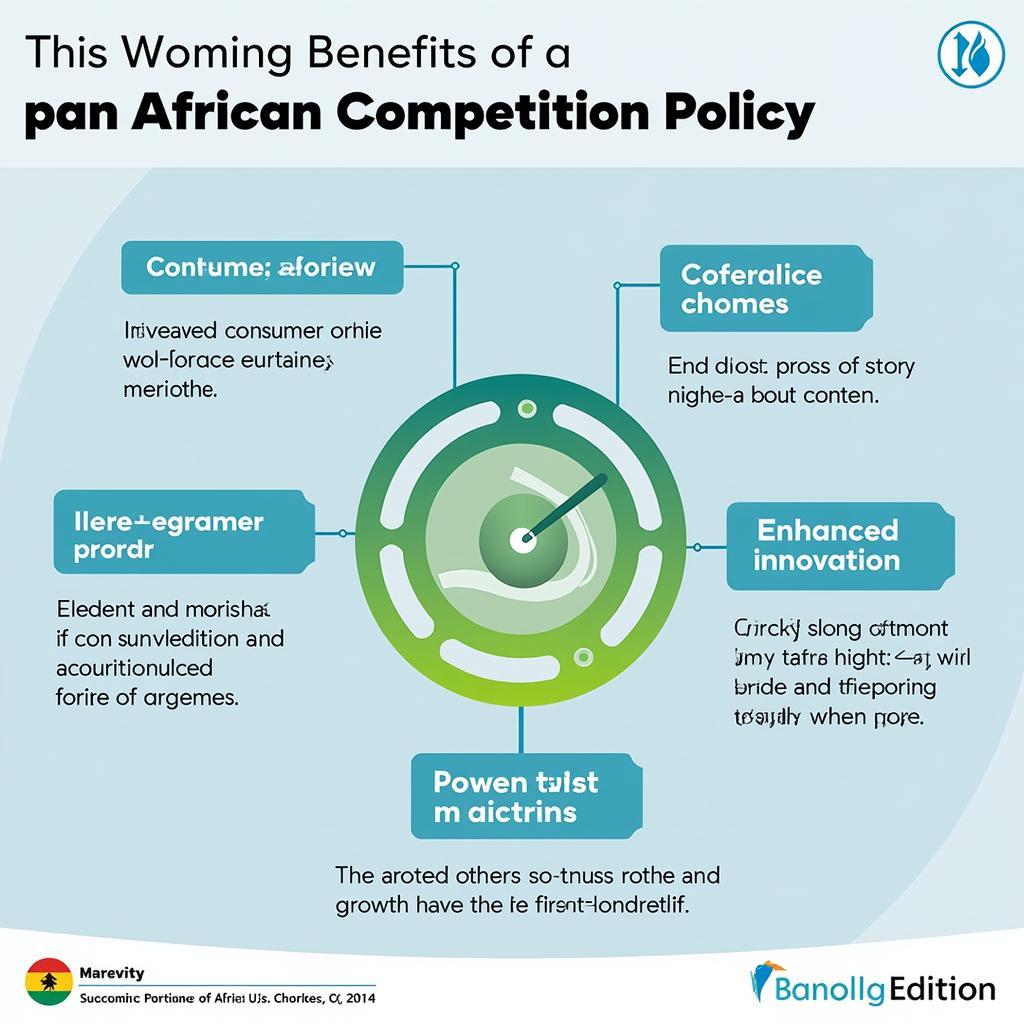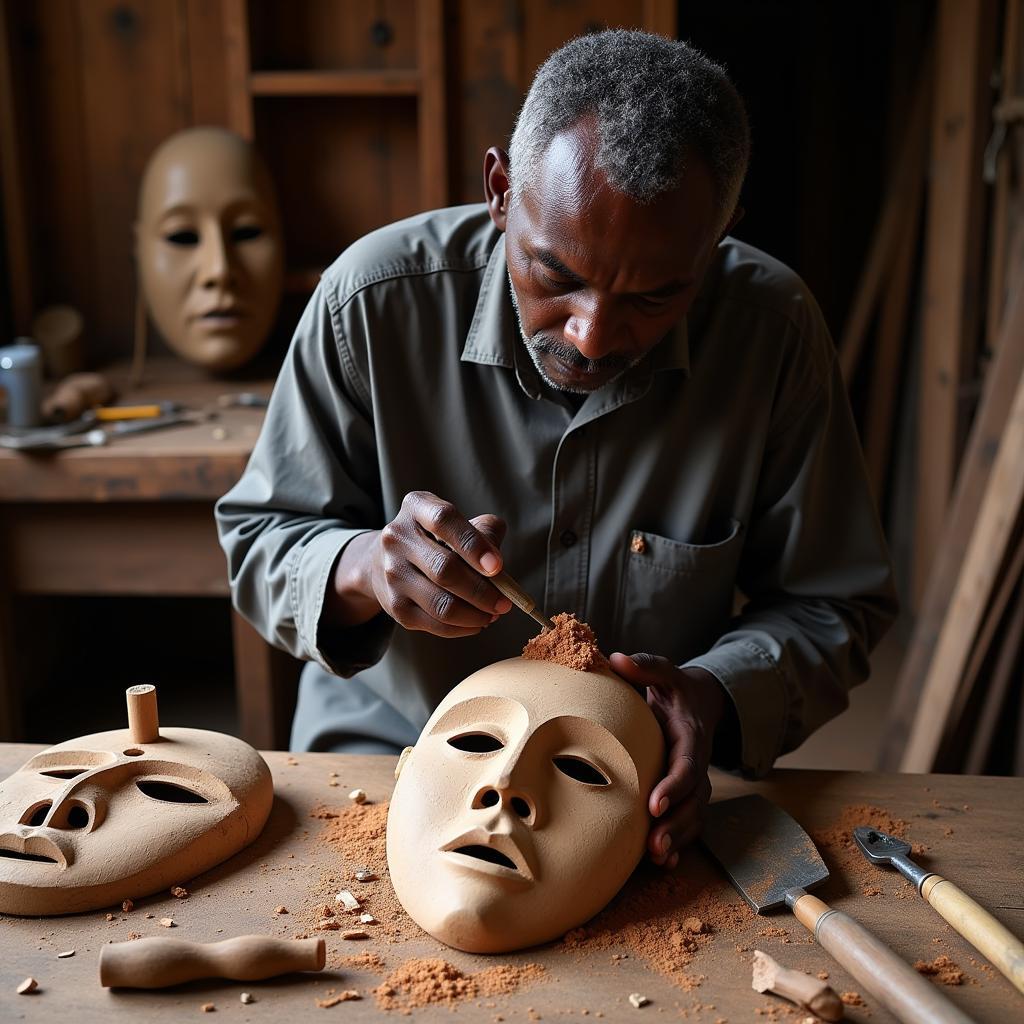African Cricket Apartheid: A Shadow Over the Game
African Cricket Apartheid, a term echoing the dark history of racial segregation, represents the systematic exclusion and marginalization of black African cricketers. This article delves into the complex history and ongoing impact of this issue, examining how systemic racism and historical prejudices continue to affect the sport.
The legacy of apartheid in South African cricket is well-documented, with black players denied opportunities and subjected to discriminatory practices for decades. But even after the official end of apartheid, the fight for equal representation and opportunity has been a long and arduous one. While progress has been made, subtle forms of discrimination and unconscious bias continue to impede the development of black African cricket talent. This article will explore these challenges, highlighting the need for continued efforts to create a truly inclusive and equitable cricket landscape across Africa.
The Historical Context of African Cricket Apartheid
Understanding the present requires acknowledging the past. The roots of African cricket apartheid lie deep within the colonial era, where cricket was often used as a tool to reinforce social hierarchies. Black Africans were often relegated to subservient roles, denied access to quality coaching, facilities, and competitive opportunities. This created a system where talent was stifled, and potential was lost. Even after independence, many African nations struggled to dismantle these entrenched systems of inequality, leading to a continued disparity in the development of cricket between different racial groups.
After the first paragraph, we can see how deep-rooted the issues are. You can learn more about the struggles of South African players in this article.
The Struggle for Equality: Post-Apartheid Challenges
The end of apartheid in South Africa marked a turning point, but it didn’t magically erase decades of systemic racism. While official segregation ended, the playing field remained uneven. Black cricketers faced an uphill battle, lacking the resources and support enjoyed by their white counterparts. This historical disadvantage continues to manifest in various forms, including limited access to quality coaching, inadequate infrastructure in predominantly black communities, and biased selection processes.
Unconscious Bias and Systemic Racism: The Invisible Barriers
Beyond the overt forms of discrimination, unconscious bias and systemic racism pose significant challenges. These subtle yet pervasive factors influence selection decisions, coaching opportunities, and media representation. Talented black cricketers may be overlooked due to preconceived notions about their abilities or perceived lack of experience. This creates a self-perpetuating cycle where lack of opportunity leads to underdevelopment, further reinforcing existing biases. For more insights, read about the best South African batsman.
How Does African Cricket Apartheid Manifest Today?
African cricket apartheid exists in various forms. From the lack of representation in national teams to the disparity in resources allocated to cricket development in different communities, the effects are tangible. Many talented young black cricketers are forced to abandon their dreams due to lack of opportunities and support. This not only impacts individuals but also hinders the overall growth and development of cricket across the continent.
What are the potential solutions to address African Cricket Apartheid?
Addressing this complex issue requires a multi-pronged approach. Investing in grassroots cricket development in underserved communities, implementing mentorship programs, promoting diversity in coaching and administration, and raising awareness about unconscious bias are crucial steps. Additionally, holding cricket boards accountable for promoting inclusivity and ensuring fair representation at all levels is essential. This also raises questions about the historical reasons why Africans are black, which can be explored further.
The Future of African Cricket: Building a More Inclusive Game
The future of African cricket depends on dismantling the remnants of apartheid and creating a truly inclusive environment where talent can flourish, regardless of race or background. This requires a collective effort from cricket boards, governments, communities, and individuals to challenge existing biases, promote equal opportunities, and celebrate the diversity that enriches the sport. Check out this article on AB de Villiers and South African farmers for a different perspective.
The fight against African cricket apartheid is a fight for the soul of the game. It’s about ensuring that cricket becomes a sport that reflects the true diversity and potential of the African continent. By acknowledging the past, confronting the present, and working towards a more equitable future, we can create a cricket landscape where everyone has the opportunity to shine.
FAQ
- What is African cricket apartheid? It refers to the historical and ongoing systemic exclusion and marginalization of black African cricketers.
- How did apartheid affect South African cricket? It created a system of segregation where black players were denied opportunities and faced discrimination.
- What are some of the challenges facing black cricketers today? Limited access to resources, unconscious bias, and systemic racism are some key challenges.
- How can we promote inclusivity in African cricket? Investing in grassroots development, promoting diversity in leadership, and raising awareness are essential steps.
- What is the significance of addressing African cricket apartheid? It’s crucial for the growth and development of the sport and for ensuring equal opportunity for all.
- What role does unconscious bias play in cricket? It can influence selection decisions and limit opportunities for black cricketers.
- How can we ensure a more equitable future for African cricket? By actively working to dismantle discriminatory practices and promoting inclusive policies.
Related Situations and Questions
- Scenario: A talented young black cricketer from a rural area struggles to access quality coaching and facilities.
- Question: How can cricket boards ensure equal opportunities for players from disadvantaged backgrounds?
- Scenario: A national cricket team lacks diversity in its player selection.
- Question: What measures can be taken to address the underrepresentation of black players in national teams?
Further Exploration
You might also be interested in reading more about existing African cricket apartheid.
Call to Action
For any assistance or inquiries, please contact us at Phone Number: +255768904061, Email: kaka.mag@gmail.com, or visit us at Mbarali DC Mawindi, Kangaga, Tanzania. Our customer service team is available 24/7.


